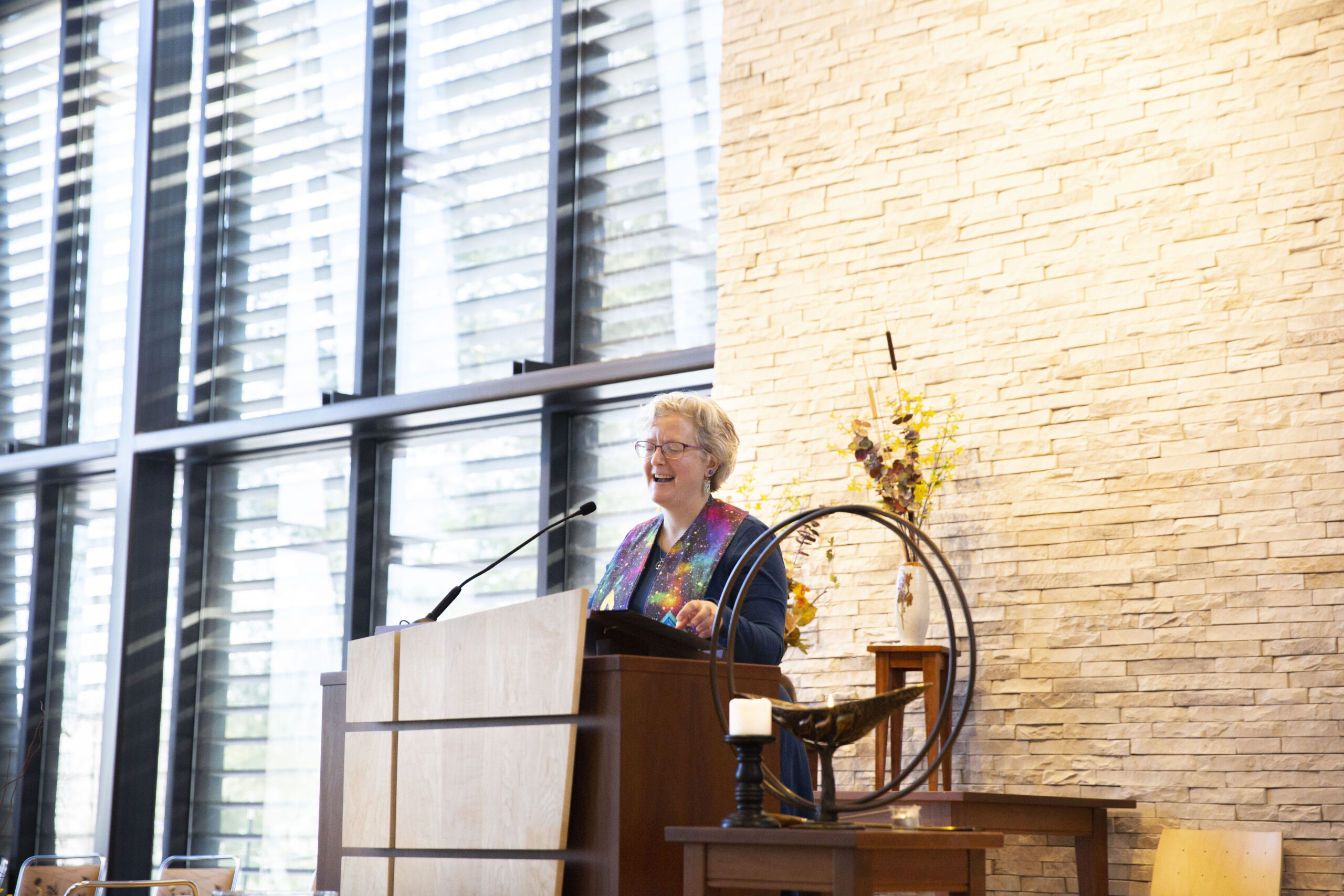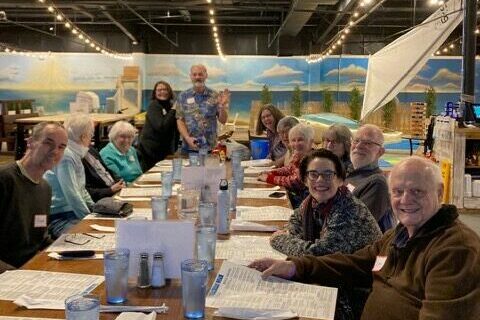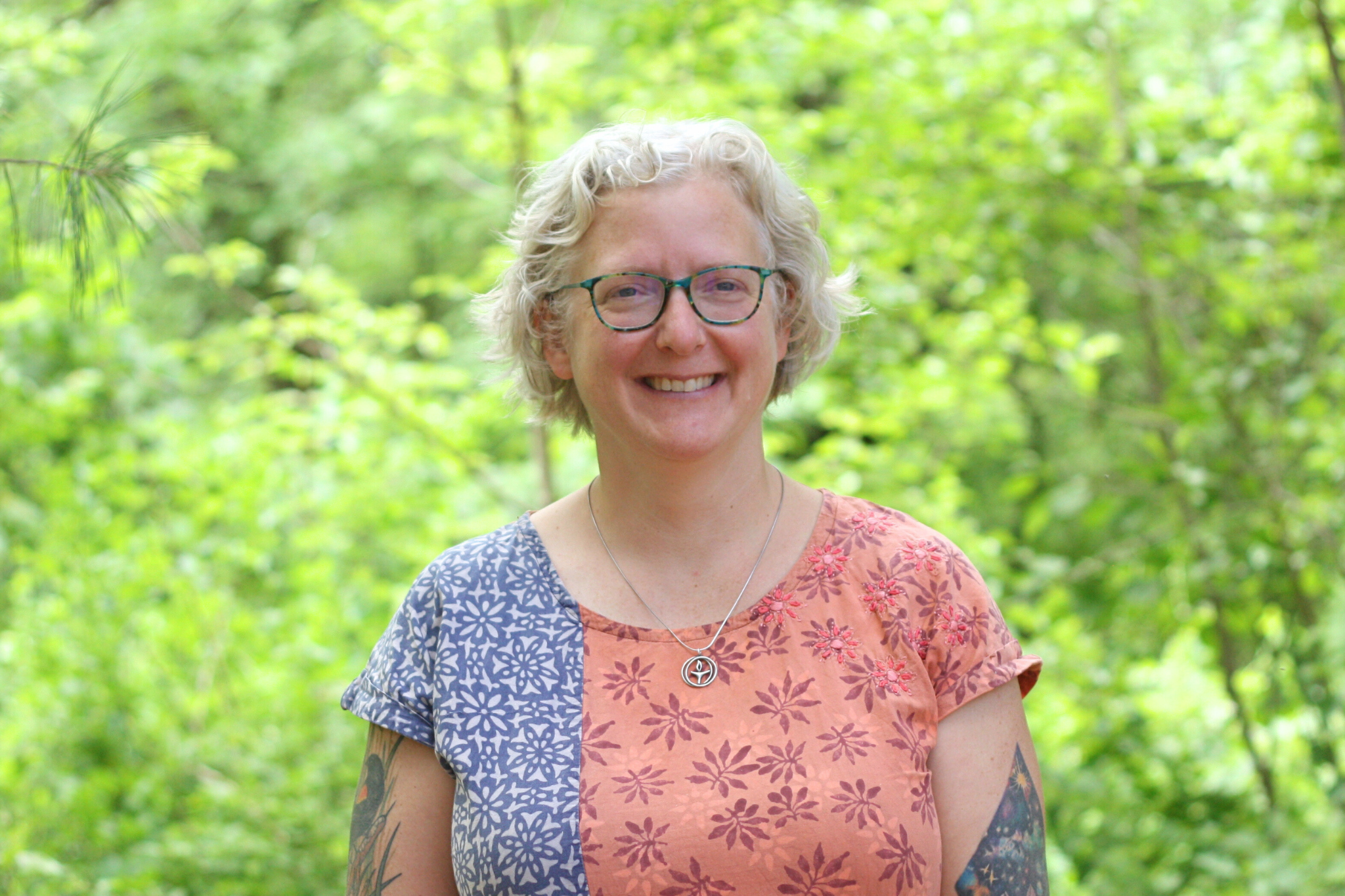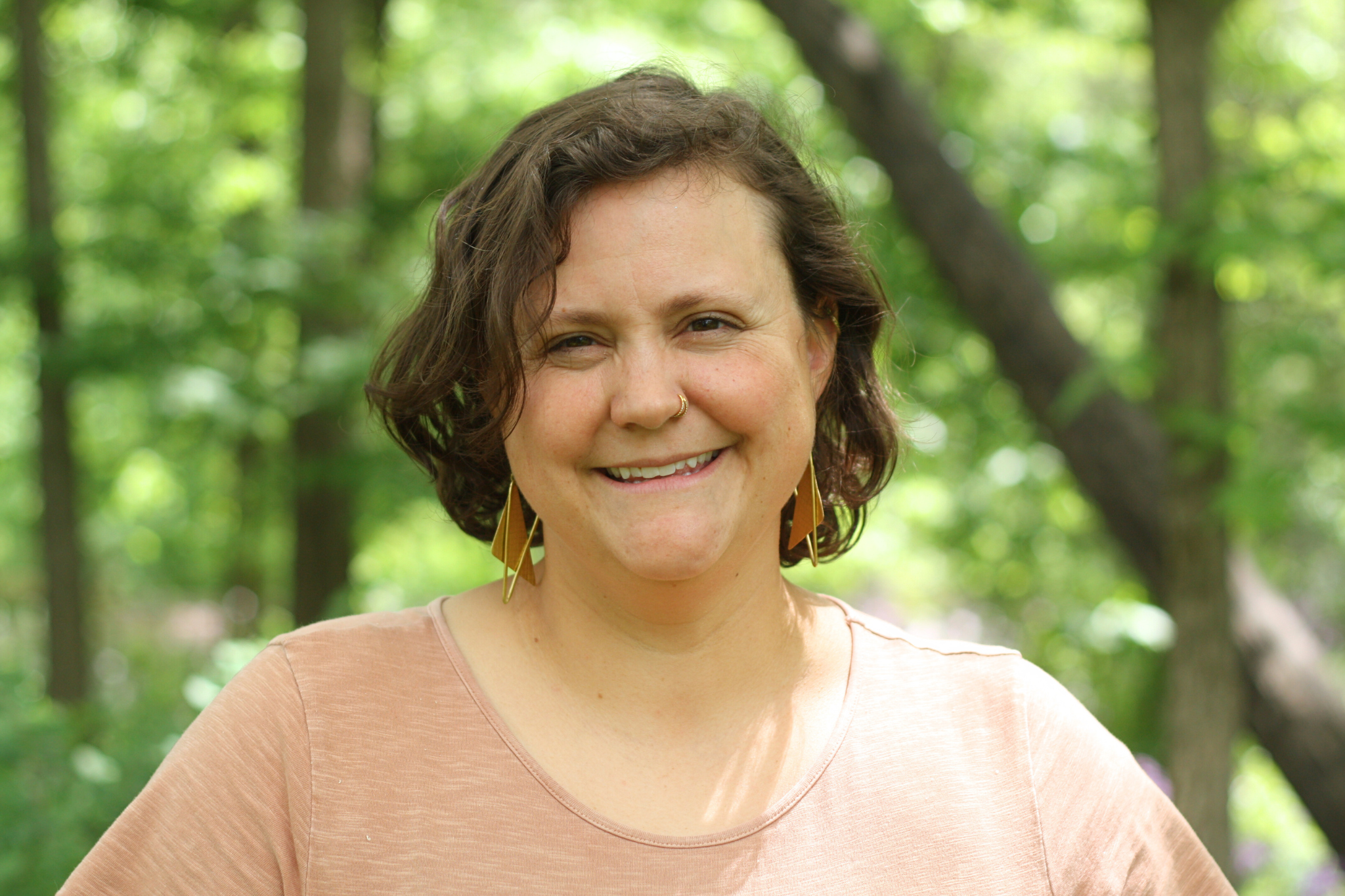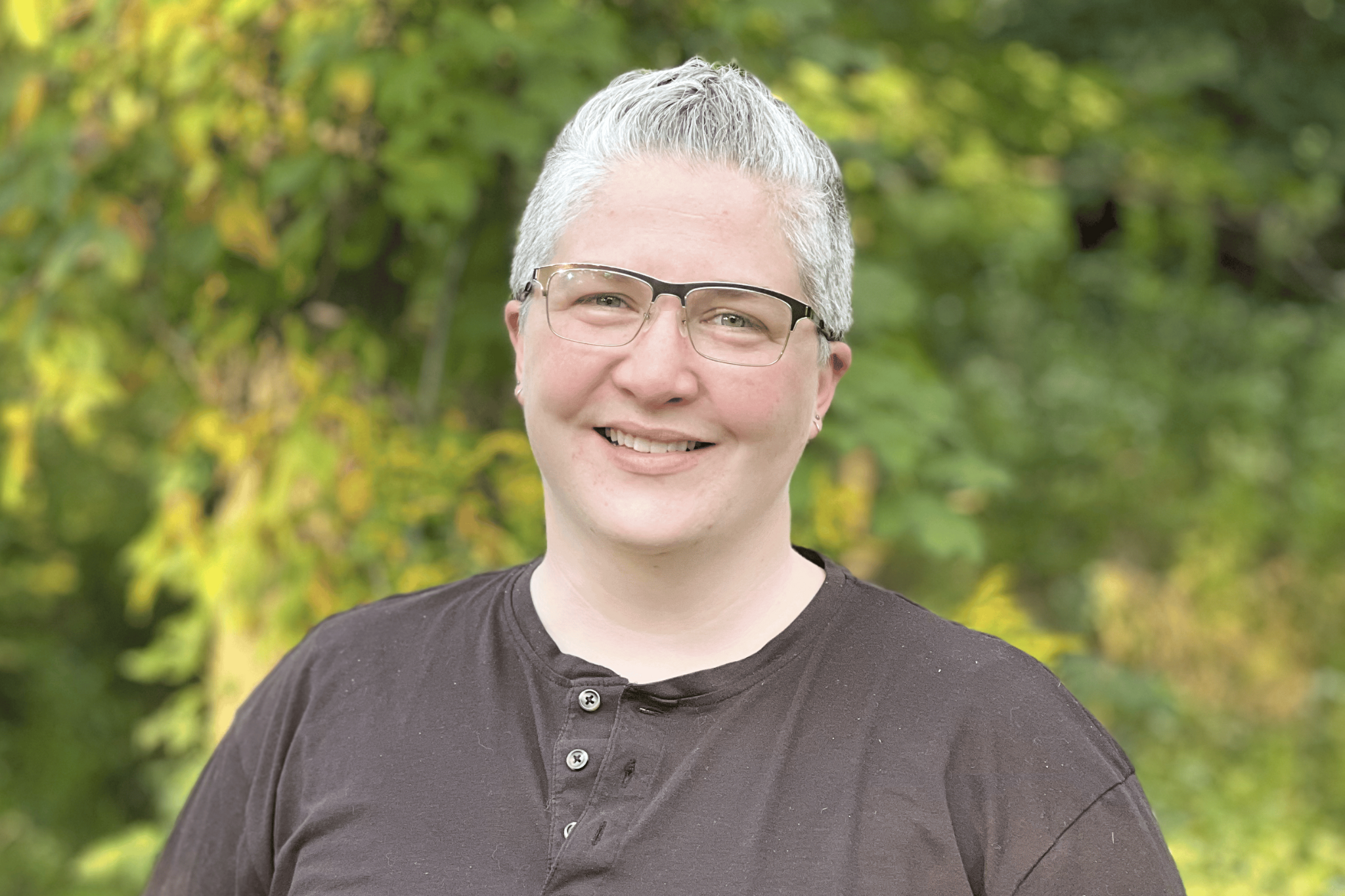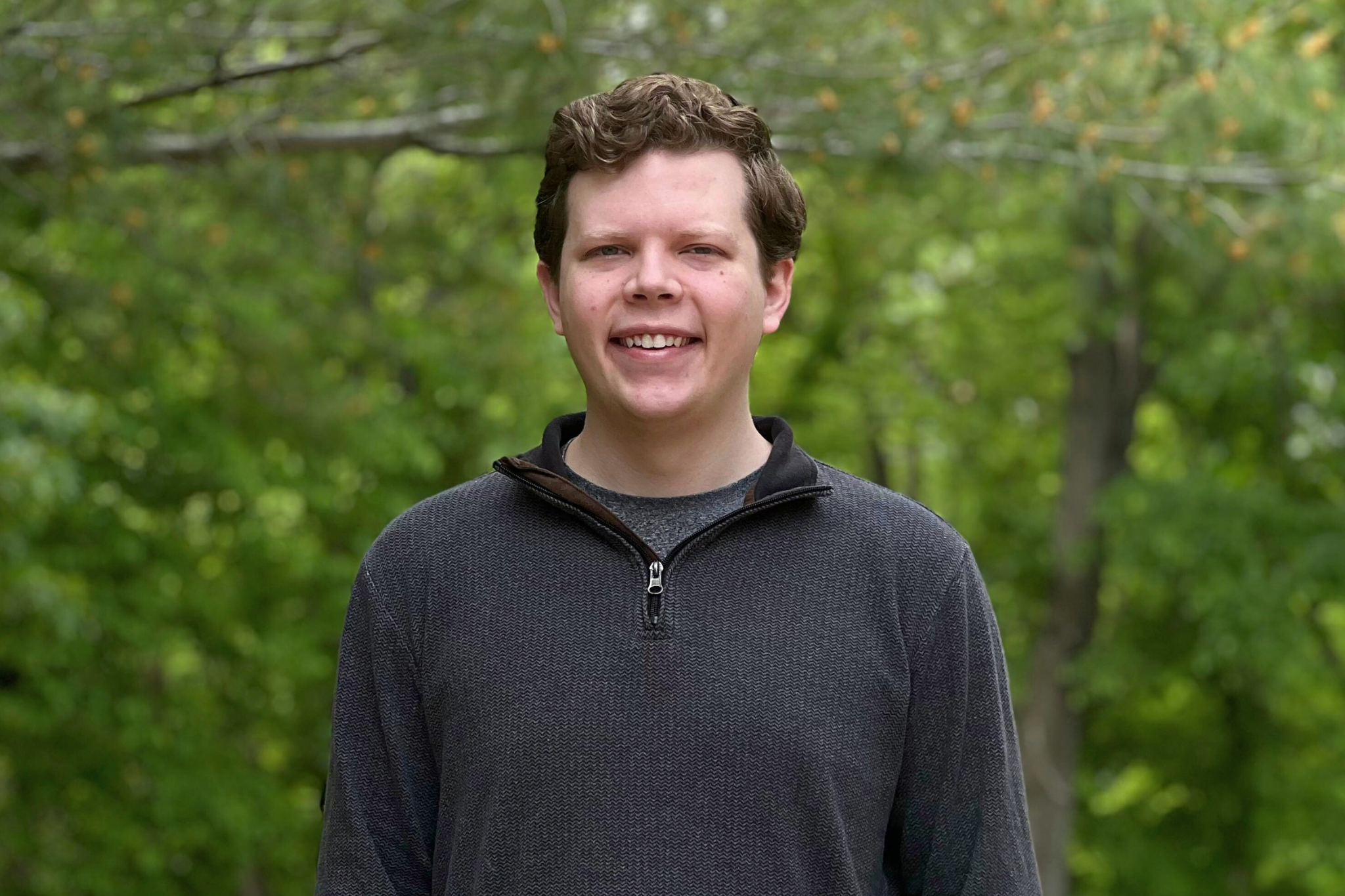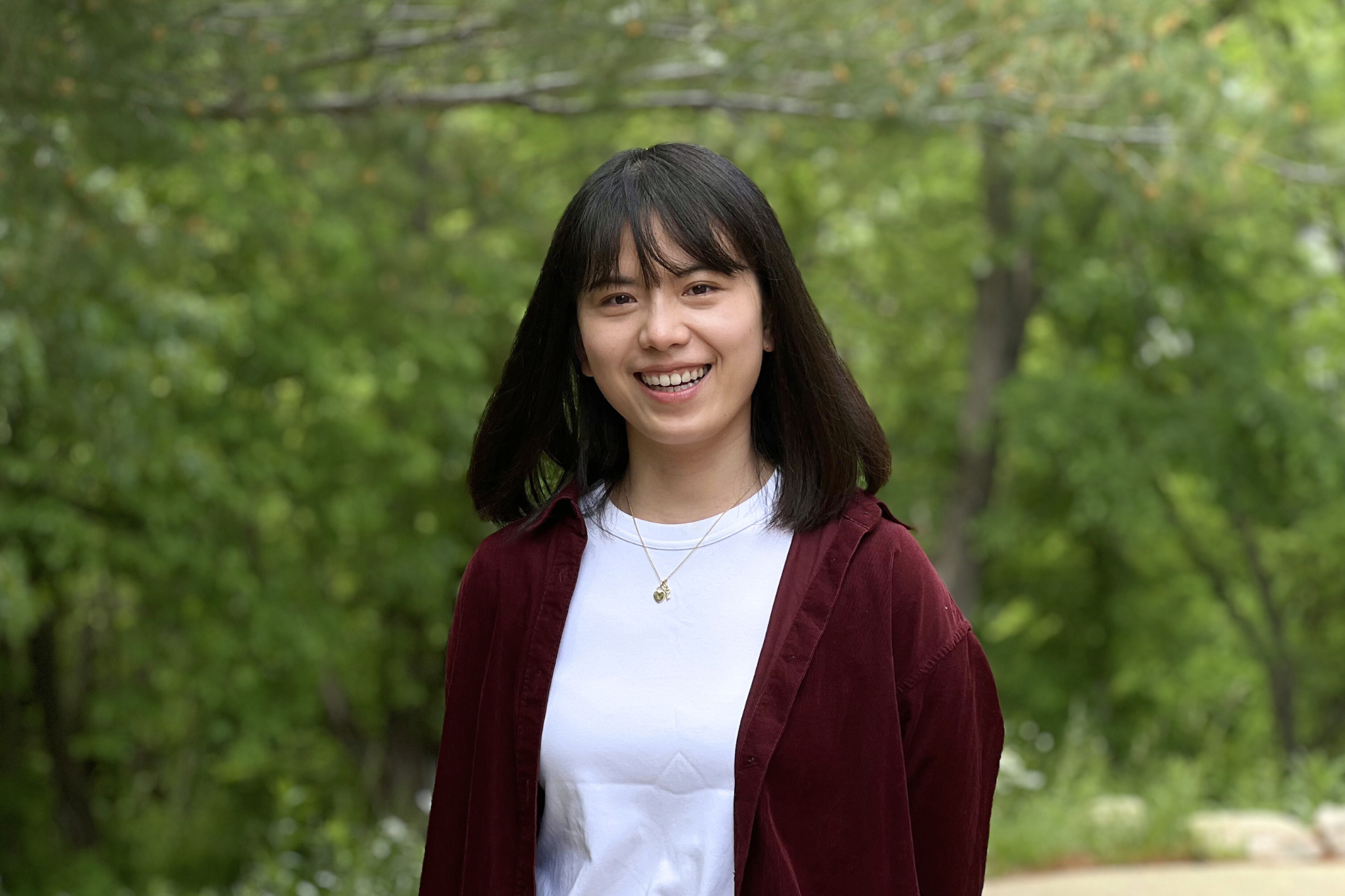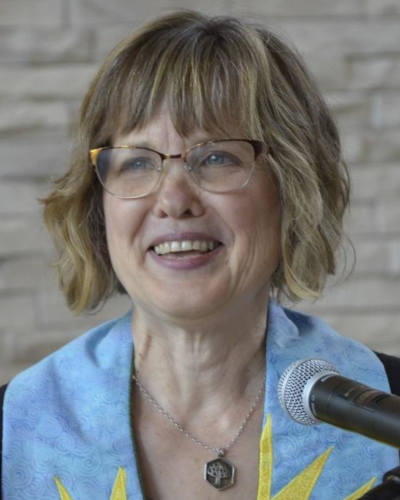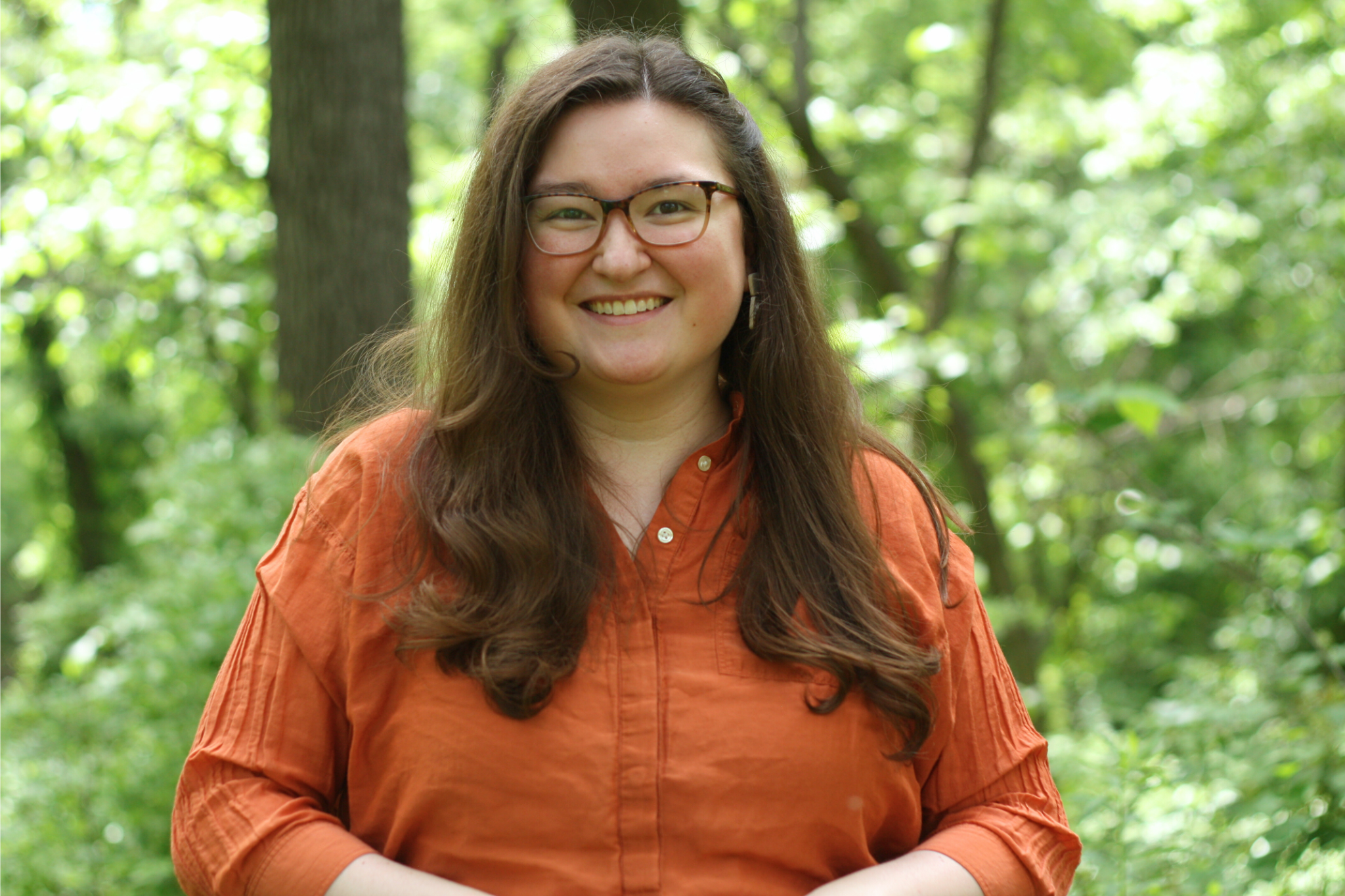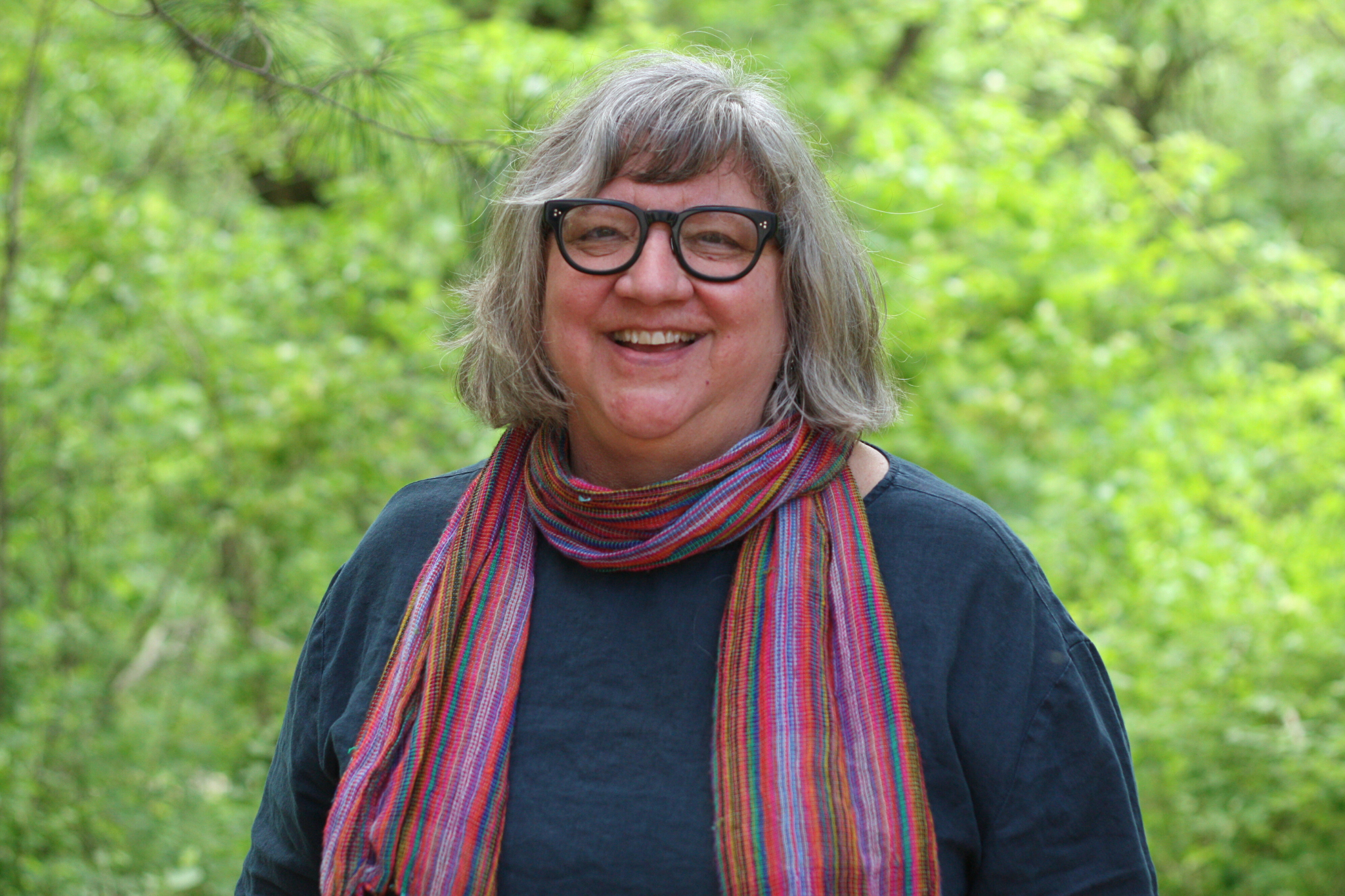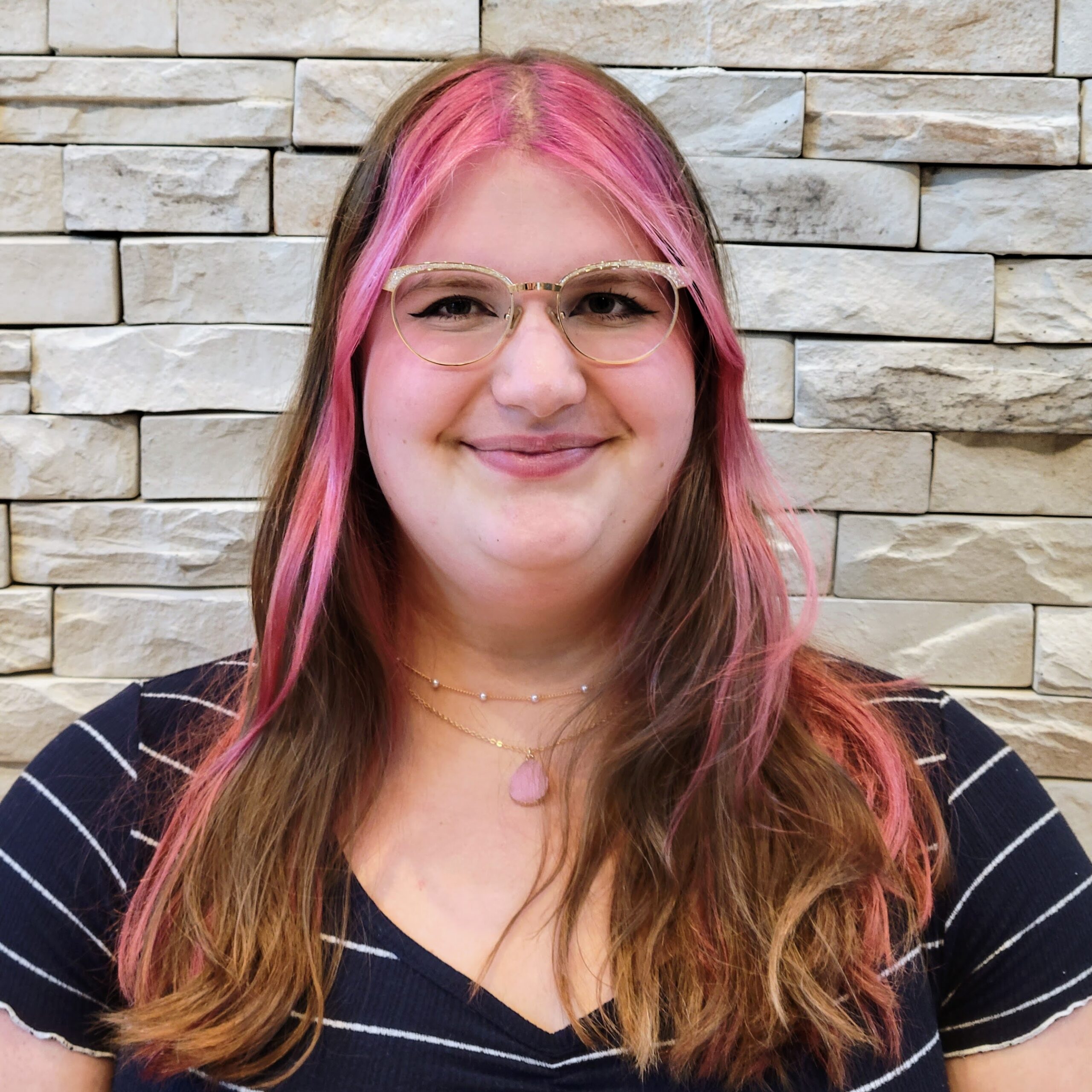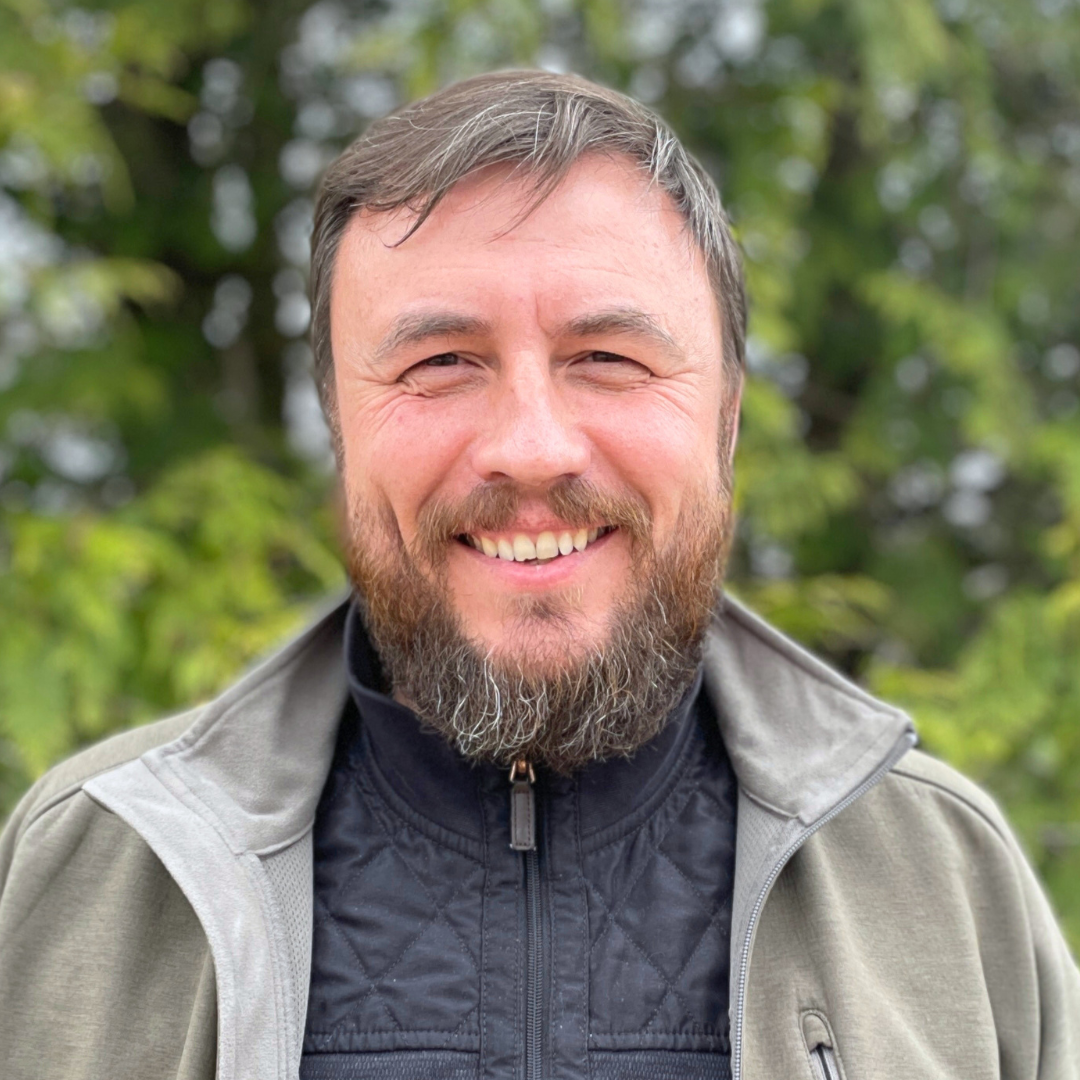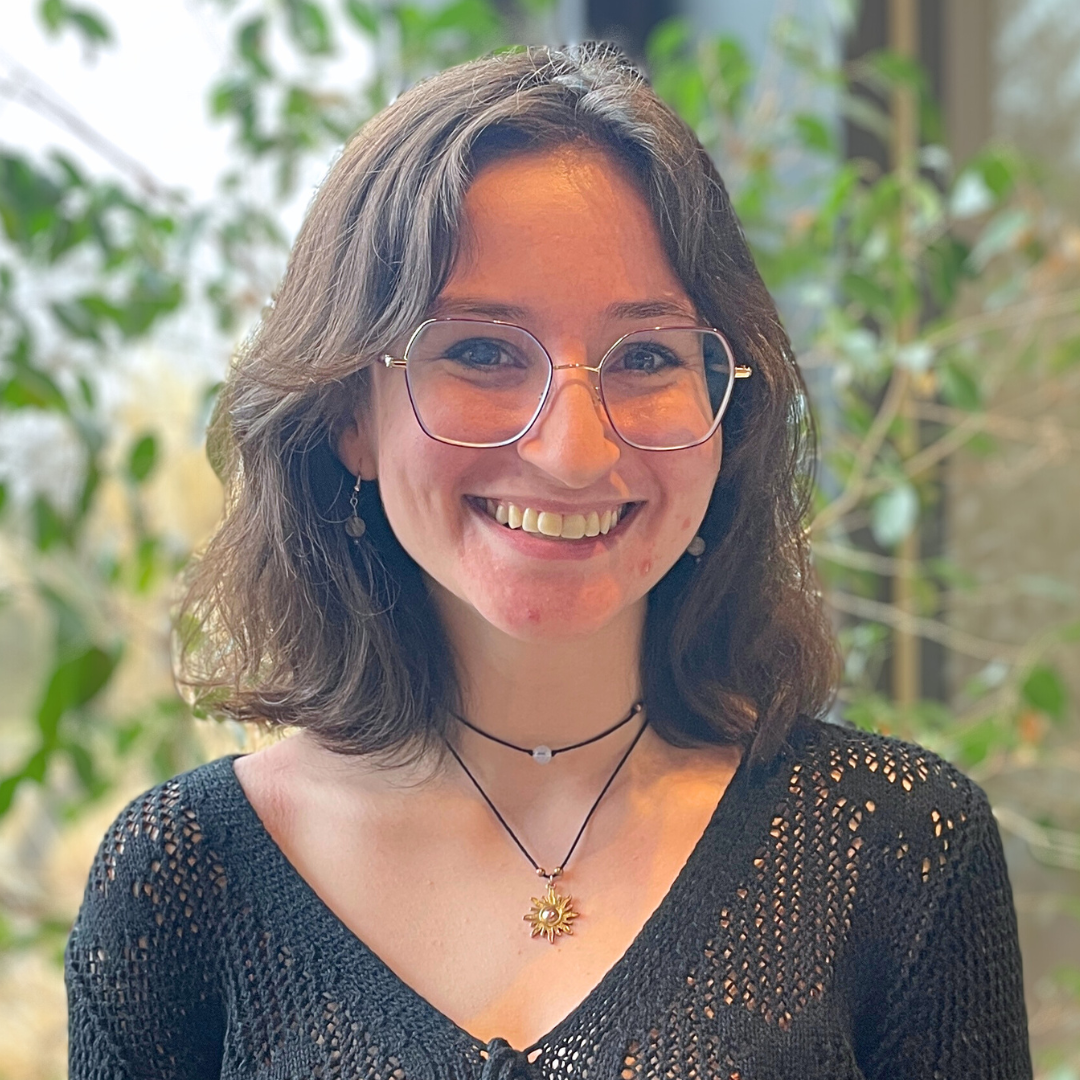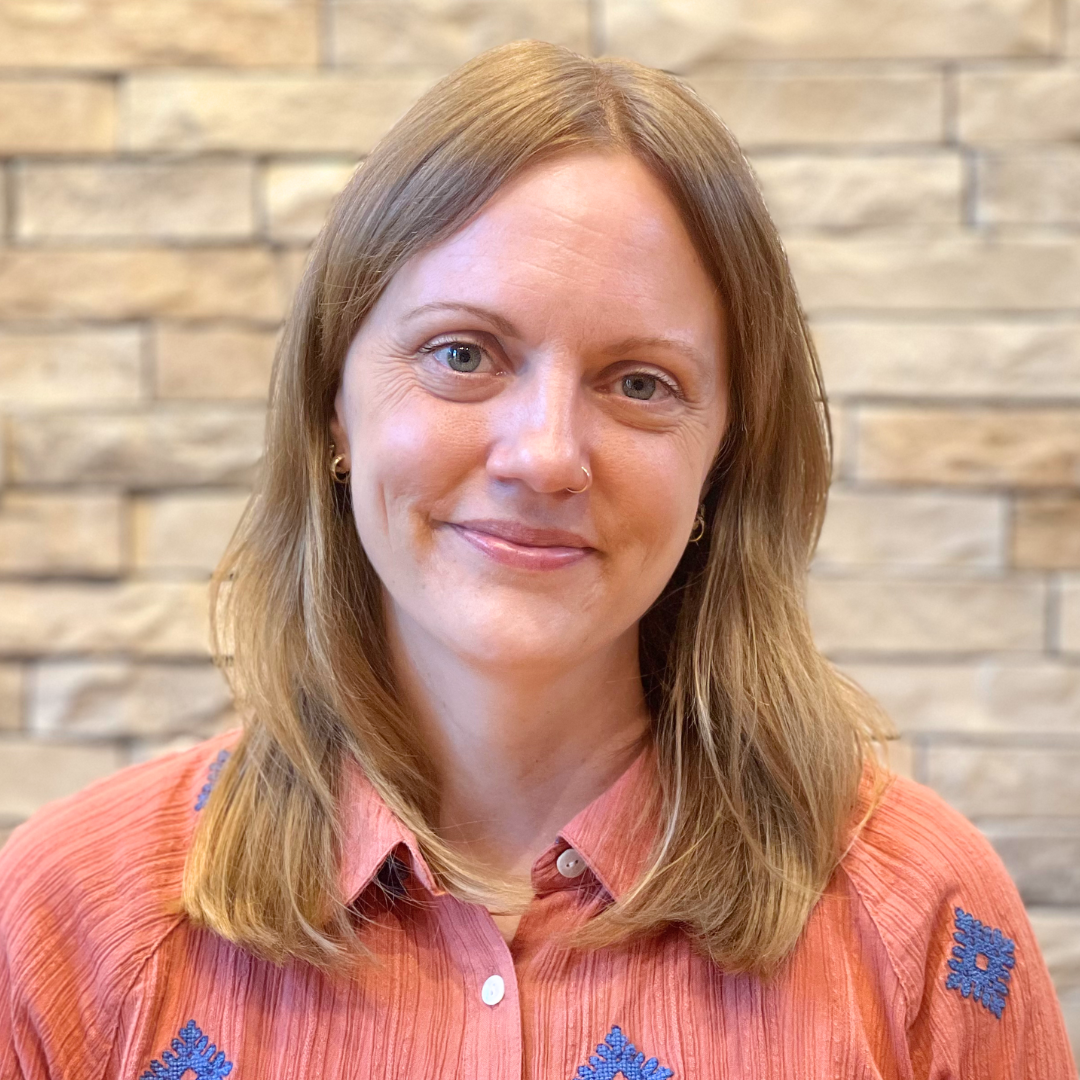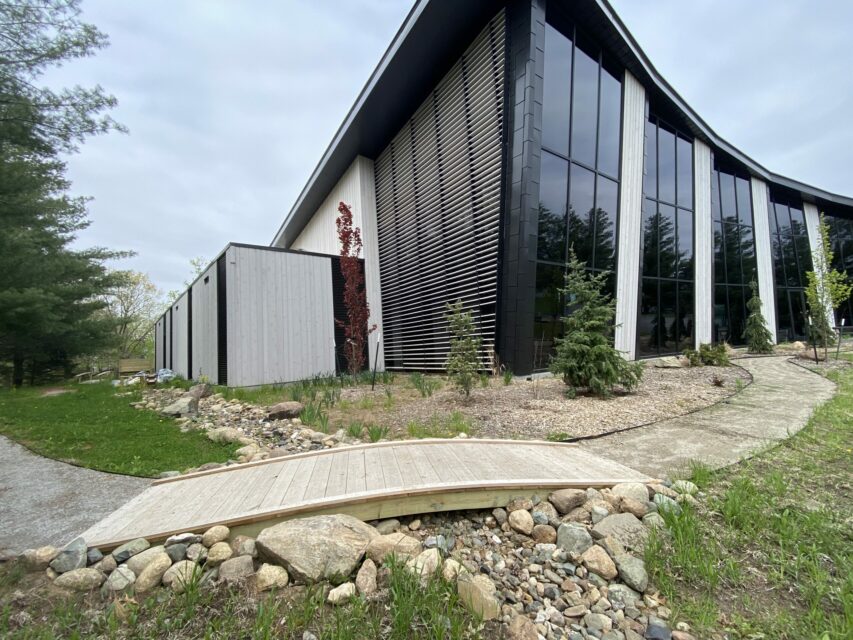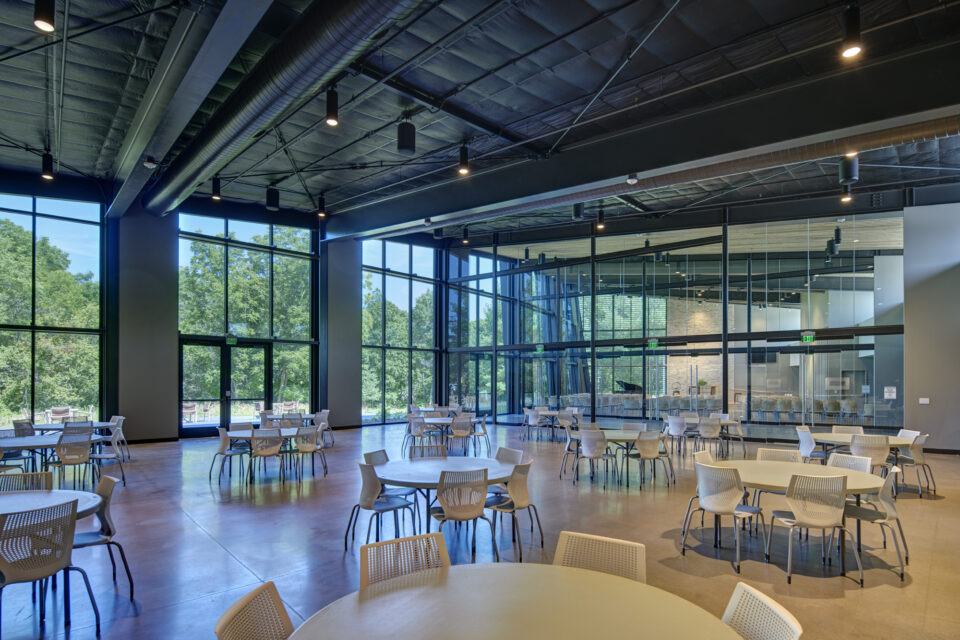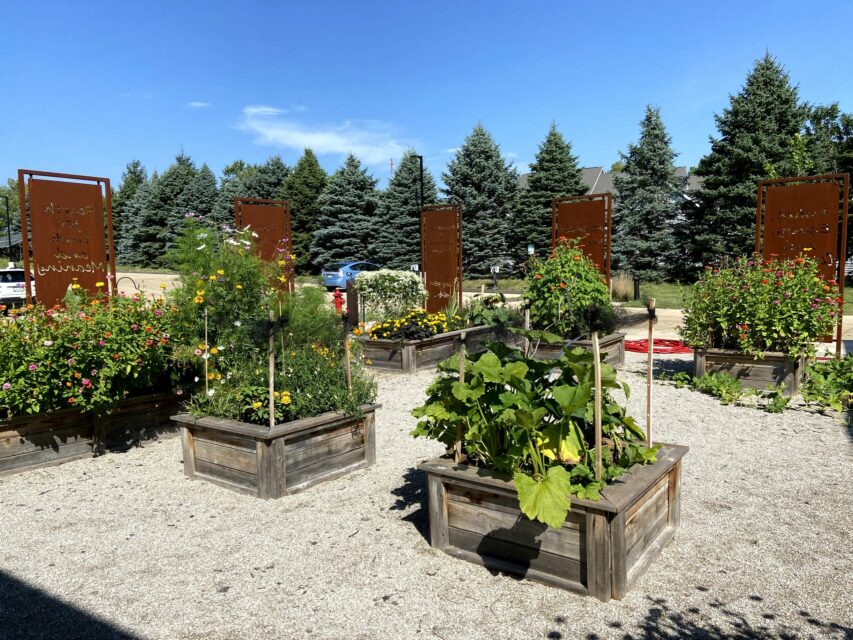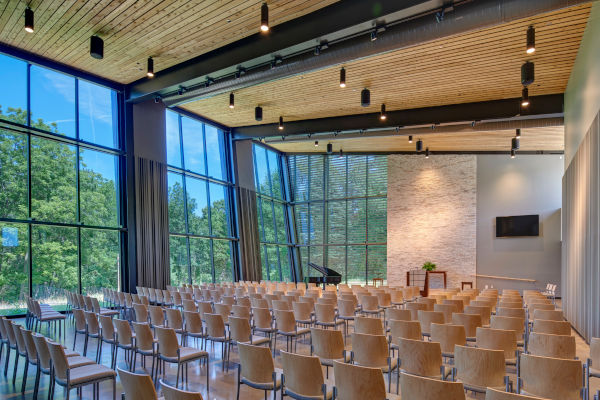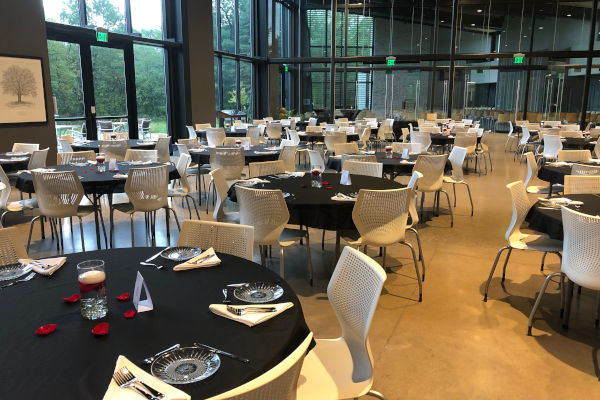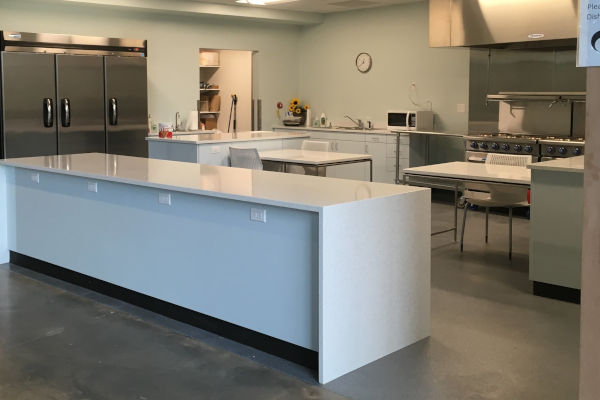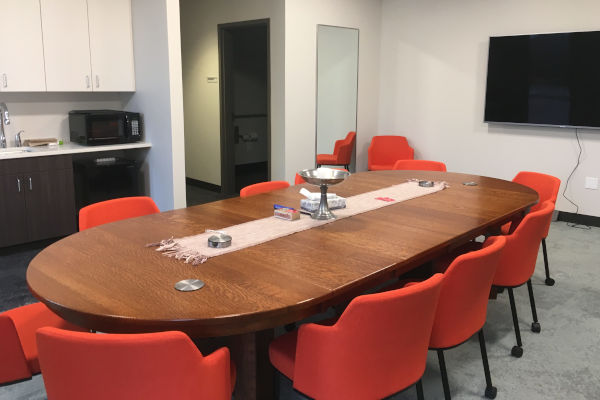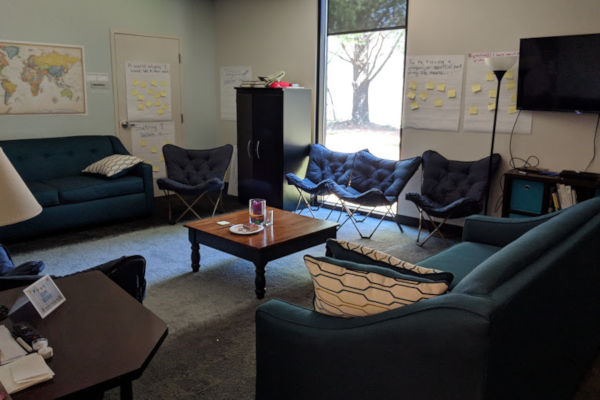About Us
You will find here an inclusive and growing spiritual community, dedicated to living love more fully and fiercely into the world. Together we celebrate life and a liberal tradition that leads social justice work, heals the earth, and nurtures the lifelong journey of mind and spirit.
LOVE IS THE DOCTRINE
THE SEARCH FOR TRUTH IS OUR
SACRAMENT
SERVICE IS OUR PRAYER
Mission
We are a welcoming, spiritually diverse home. We act on our values:
• Honor the Earth
• Advocate for Racial and Social Justice
• Nurture Deep Connections
• Embrace the Ongoing Quest for Meaning
Adopted by the UUS Congregation on January 5, 2020
Vision
We aspire to be a more inclusive, loving, diverse congregation that welcomes all people. We will defend and celebrate the Earth, confront racial and social injustice, and nurture deep connections.
Unitarian Universalism
What We Believe
While our beliefs are varied, we unite to affirm and promote the eight principles to guide us on our journey.
1. The inherent worth and dignity of every person
2. Justice, equity, and compassion in human relations
3. Acceptance of one another and encouragement to spiritual growth in our congregations
4. A free and responsible search for truth and meaning
5. The right of conscience and the use of the democratic process within our congregations and in society at large
6. The goal of world community with peace, liberty, and justice for all
7. Respect for the interdependent web of all existence of which we are a part
8. Journeying toward spiritual wholeness by working to build a diverse multicultural Beloved Community by our actions that accountably dismantle racism and other oppressions in ourselves and our institutions
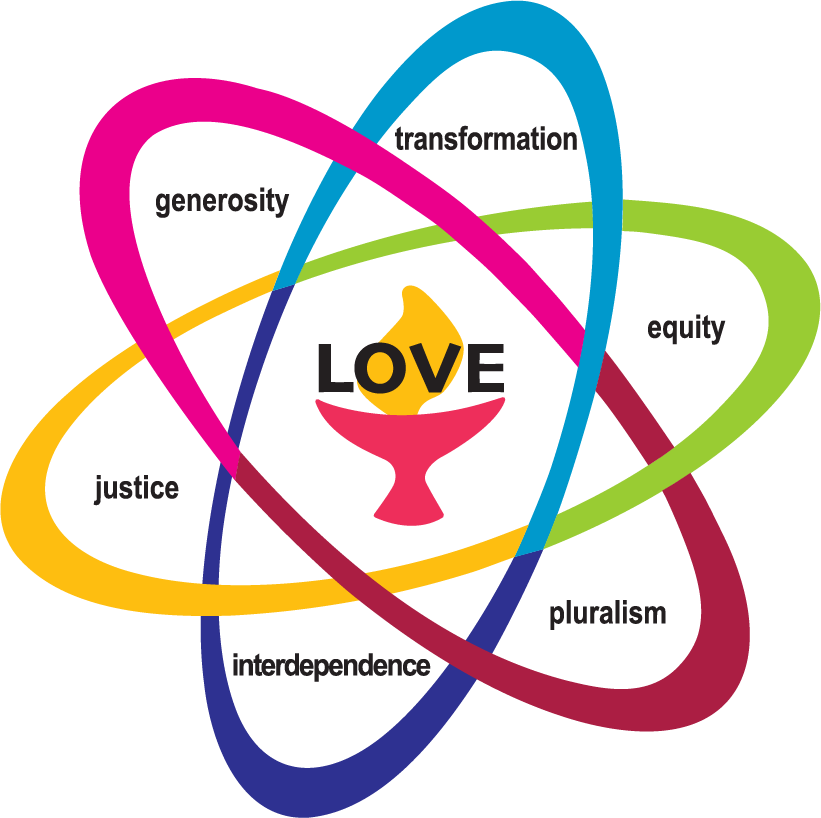
In 2024, Unitarian Universalists voted to adopt a new statement expressing our Shared Values of:
• Equity
• Generosity
• Interdependence
• Justice
• Pluralism
• Transformation
• Centered around Love.
1
Attend a Sunday Service
It is hard to describe what a truly inclusive faith service looks like. Find out for yourself by coming to a service in person or tuning in to the livestream.
2
Find a Group
Find a group that calls to you, from knitting clubs, to Secular Humanist potlucks, to Buddhist sanghas, to social activism, there is a group for you here.
3
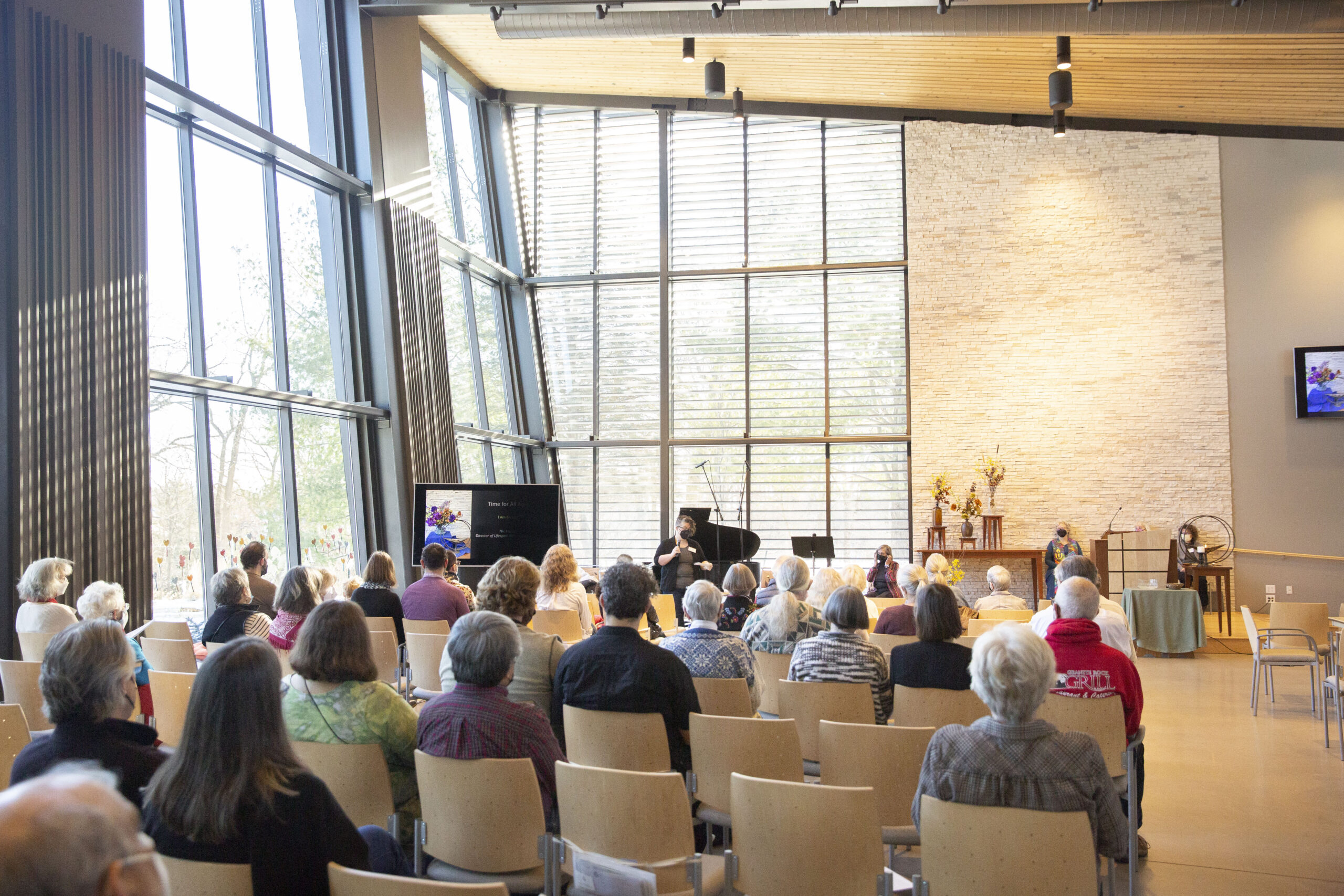
Grow your Faith
We recognize the search for truth and meaning to be a lifelong endeavor and offer RE programming for youth and adults of all ages.
OUR TEAM
Minister and Staff
UUS is supported by full-time and part-time staff members who work together to make things run smoothly for our congregation.
Facilities
Our 8 acre campus in Coralville allows us to connect spiritually with nature and gather with each other in a sustainably built and maintained building that has been dubbed “the greenest church in Iowa.” Gender neutral bathrooms, flexible indoor seating, integration of indoor and outdoor spaces and multipurpose areas provides an inclusive and welcoming space for people of all backgrounds to enjoy our space. Our outdoor spaces are open to the public and we encourage our interior spaces to be rented for events and group gatherings.
D
Worship
Sanctuary
Gather
Fellowship Hall
Retreat
Nature Trails
Play
Playscape
Meditate
Labyrinth
Commune
Gardens
Learn
Classrooms
Connect
Meeting Rooms
Sustain
Net Zero Energy
Facilities Descriptions
With a wide variety of spaces available for rental use, we are able to accommodate all sorts of social and business functions. Our building includes:
Interested in renting UUS for your special event?
Visit our Rentals at UUS page!
History of UUS
The story of our congregation begins in 1838 when traveling Universalist preachers bring their message of universal salvation to settlers in the Iowa City area. Merger with Unitarians begins in 1878, and their combined efforts build an enduring liberal religion in Iowa City that features early female preachers, a broadening of spiritual perspectives, and a deepening commitment to social justice and environmental stewardship.
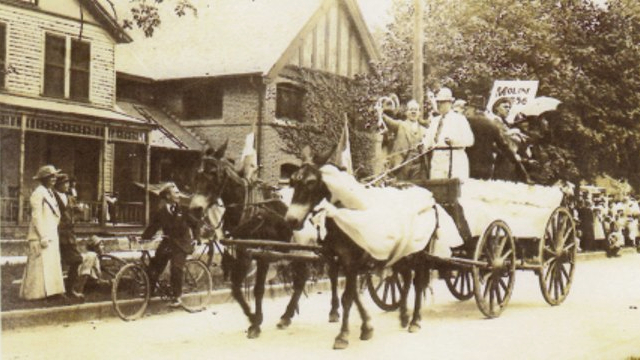
Service on Sundays at 10; Office Open Mon-Thurs 9-4 By Appointment
